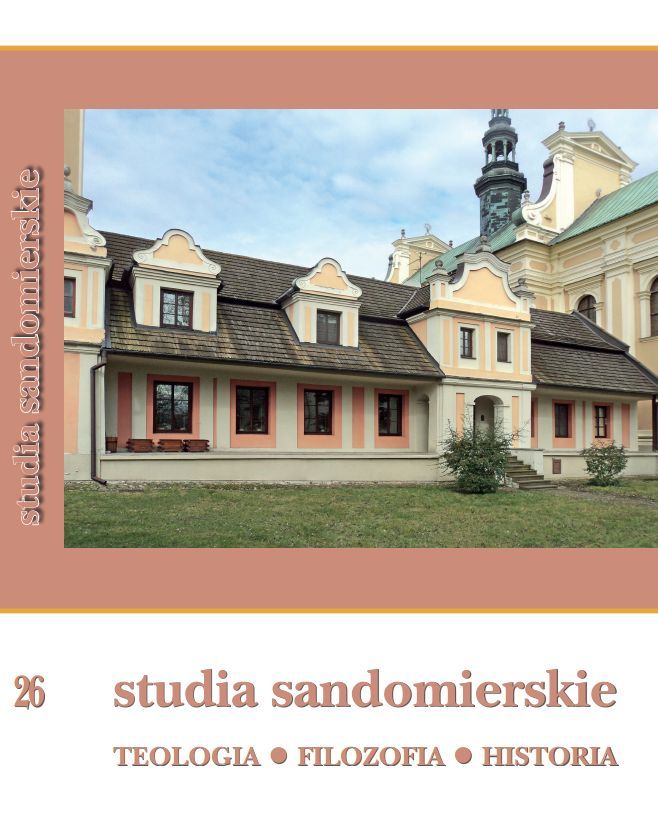The Church in Opatów Under Communism (1945-1966)
DOI:
https://doi.org/10.15633/sts.3533Keywords:
St. Martin's parish Opatów, Bernardine monastery in Opatów, state-church relations, communism, anti-church policy, secularizationAbstract
After the Second World War, the communist authorities in Poland (Polish United Workers' Party - PZPR) implemented a program to eliminate the Church from public life. In the city of Opatów, which belonged to the Sandomierz diocese, the process that was implemented mirrored what was occurring throughout the country. In this article, the interactions between the Catholic Church and state authorities is presented using the example of the Opatów parish. Policy of atheism and secularization of society took over the parish of St. Martin's religious orders, schools and institutions. Religious education was removed from public schools, the material possessions of the Church were reduced, and nuns were dismissed from work at kindergartens and hospitals. The secret services and state administration for religious denominations were instituted to oversee religious and pastoral activities. The most discriminatory policy was experienced by priests, monks and nuns working in the Opatów parish. Anti-communist resistance and active religious life of Catholics in this city and surrounding villages meant that the Church maintained a high moral authority and social position.
Downloads
Published
Issue
Section
License
Copyright (c) 2021 Ryszard Gryz

This work is licensed under a Creative Commons Attribution-NonCommercial-NoDerivatives 4.0 International License.
Authors who publish with this journal agree to the following terms:
- Authors retain the copyright and full publishing rights without restrictions, and grant the journal right of first publication with the work simultaneously licensed under a Creative Commons Attribution 4.0 International License that allows others to share the work with an acknowledgement of the work's authorship and initial publication in this journal.
- Authors are able to enter into separate, additional contractual arrangements for the non-exclusive distribution of the journal's published version of the work (e.g., post it to an institutional repository or publish it in a book), with an acknowledgement of its initial publication in this journal.
- Authors are permitted and encouraged to post their work online (e.g., in institutional repositories or on their website) prior to and during the submission process, as it can lead to productive exchanges, as well as earlier and greater citation of published work (See The Effect of Open Access).

